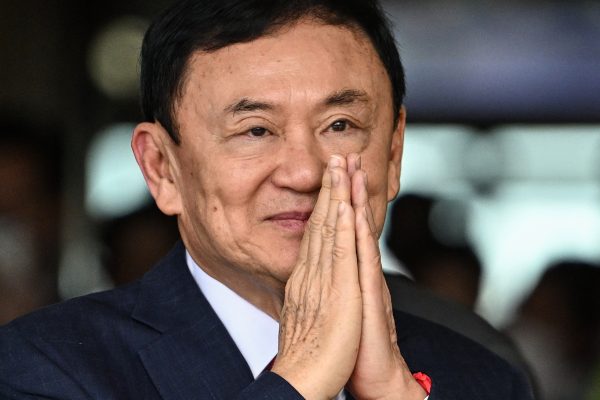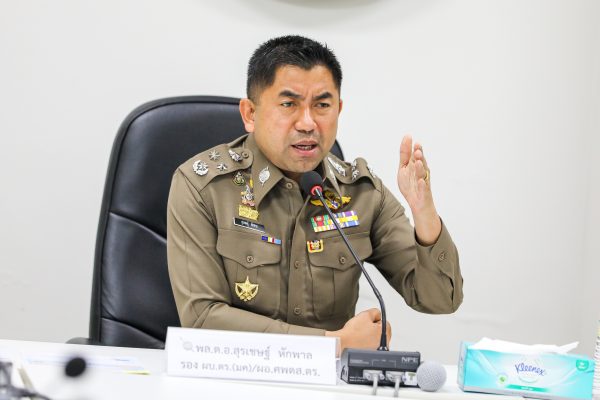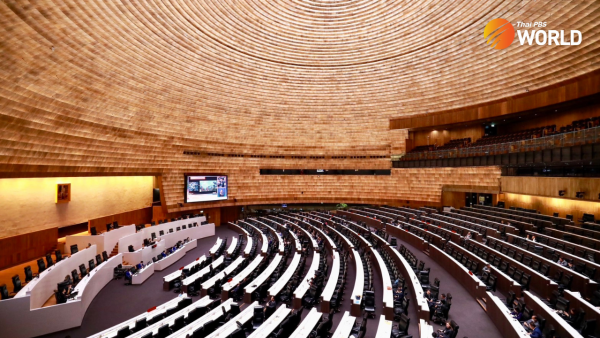Facebook ban deepens distrust between Myanmar military, government

Yangon (The Irrawaddy News) — The already growing mistrust between the civilian administration and the powerful military leadership has been suddenly aggravated by social media giant Facebook’s decision to ban Myanmar’s top generals.
The military leaders suspect that the government, led by de facto national leader Daw Aung San Suu Kyi, was somehow involved in the closure of the Facebook accounts of military commander-in-chief Senior General Min Aung Hlaing and some other top brass. But on what grounds?
Some social media users have expressed sympathy with the military’s view, pointing to the fact that Daw Aung San Suu Kyi recently visited Singapore, where some of Facebook’s top executives including Simon Milner, vice president for public policy, are based.
Milner and his team were recently in Myanmar. As part of the company’s efforts to reach out to key players in the country, they met with Information Minister U Pe Myint as well as editors, journalists and representatives of several media groups and other concerned individuals.
Daw Aung San Suu Kyi was in Singapore for a four-day working visit at the invitation of Prime Minister Lee Hsien Loong.
Sources close to the Myanmar military also said the timing of the ban, so soon after the State Counselor’s visit, suggested she had advance knowledge of the plan. Was she involved?
“What was she doing in Singapore?” asked many sympathetic to Snr-Gen Min Aung Hlaing, suggesting that Daw Aung San Suu Kyi played a key role in removing his social media account and those of the other generals.
One thing is certain: Whenever she goes abroad, she is accompanied by ministers and Myanmar Embassy officials, so the military will no doubt have its eyes and ears on her.
In public, many senior military officers are reluctant to voice such concerns, saying only that “we are under the government and it is the duty of the government to respond.” The answer is not sufficient, but one can see that the deep-seated mistrust towards Daw Aung San Suu Kyi has deepened.
So then is the military in fact under the government?
Most people in Myanmar believe that executive power in the country is divided between the civilian government and the armed forces.
It is true that the military accounts for 25 percent of the seats in Parliament, and army officers attend Parliament in uniform. The military controls three key ministries — Defense, Home Affairs and Border Affairs — and the government has no influence on them.
But when meeting UN Security Council members who visited Myanmar — following their trip to Bangladesh — to learn about the crisis in northern Rakhine State in early May, Snr-Gen Min Aung Hlaing told the delegates: “Our Tatmadaw [military] represents Myanmar, and though I am the head of the Tatmadaw, our country has a president. And we Tatmadaw act under the leadership of the president.”
This means that according to the 2008 Constitution, Snr-Gen Min Aung Hlaing reports directly to President U Win Myint as head of state (and before him, to then-president U Htin Kyaw), and not to Daw Aung San Suu Kyi, who occupies the position of State Counselor, which was created for her in 2016. Daw Aung San Suu Kyi said she would be “above the president”, thus making the presidency more of a ceremonial position. Some say that this situation is at the root of all the problems.
During her visit to Singapore, she reiterated her government’s intention to amend the Constitution without derailing the national reconciliation process, and stressed the importance of building peace — including in conflict-torn Rakhine State — and promoting economic development.
Answering a question about the possibility of another military coup in her country, Daw Aung San Suu Kyi replied, “Our relationship with the army is not that bad.”
“Don’t forget that we have three members of the cabinet who are in fact military men, generals, and they’re all rather sweet.”
In any case, back home, the government moved quickly to deny that it had any role in or advance knowledge of Facebook’s decision.
Speaking to reporters in Naypyitaw, President’s Office Spokesperson Zaw Htay said that soon after Facebook made the announcement, he received calls from military officials, including a number of lieutenant-generals, asking if he had any information about the account closures.
Zaw Htay quickly denied the speculation, saying, “Neither the government nor [the government’s] social media monitoring team played a part in [the decision by Facebook].”
But he admitted that smoothing over the damage would be difficult. “We are concerned that misunderstandings that the government played a role in the decision will hinder the government’s efforts on national reconciliation.”
Given the depth of the anger among senior military leaders, it will be difficult to overcome the deep-seated suspicion and mistrust between them and Daw Aung San Suu Kyi.
The army generals believe that the Daw Aung San Suu Kyi-led government has used its remaining ties abroad and international pressure to condemn and ridicule the military. The state counselor, meanwhile, is calling for reconciliation.
In reality, the takedown of Snr-Gen Min Aung Hlaing’s verified Facebook page came within hours of the release of a report by the UN Human Rights Council’s fact-finding mission on Myanmar, which found that the actions of Myanmar’s military leadership against the Rohingya had “genocidal intent” and called for an investigation into possible war crimes, crimes against humanity, and genocide.
One senior Facebook official told The Irrawaddy, “We banned Snr-Gen Min Aung Hlaing and other military officials from Facebook for violating our policies, which prohibit dangerous organizations and individuals from using Facebook. We’ve taken this step in Myanmar since international experts, including the recent UN-commissioned report, have found evidence that many of these officials committed serious human rights abuses in the country. And we want to prevent them from using our service to further inflame ethnic and religious tensions. The individuals are banned from Facebook and any new accounts they set up will be removed.”
Facebook had to save face, as UN human rights experts investigating possible genocide in Myanmar said in March that Facebook had played a role in spreading hate speech in the country. Nearly 700,000 Rohingya Muslims have fled Myanmar into Bangladesh since insurgent attacks sparked a security crackdown last August.
The late former UN chief Kofi Annan told Facebook executives that it should consider establishing a special team to respond more quickly to threats of sectarian violence in countries such as Myanmar that are at high risk.
Earlier this year, Facebook chief Mark Zuckerberg stared down the US Congress when he was quizzed on his company’s possible role in amplifying messages of hatred that paved the way for widespread support of the military’s purge of the Rohingya.
The Myanmar government has asked Facebook to more fully explain its bans of the military leaders.
Facebook’s action was politically symbolic, but controversial here in Myanmar, where the decision to ban top generals has received a mixed response.
Will Facebook’s action prove to have more of an impact on the generals than Western sanctions? We don’t know — yet.
Some say the ban may have shot down Snr-Gen Min Aung Hlaing’s presidential ambitions, while others fear that it may only bolster his popularity. On the issue of northern Rakhine and the UN’s damning report, the majority of the population will likely back the powerful armed forces, as well as the government.
We can predict with some confidence, however, that a period of bitter political fallout and retaliation are in the pipeline for the country, whose fragile political transition is now stalled. – By Aung Zaw of the Irrawaddy News






